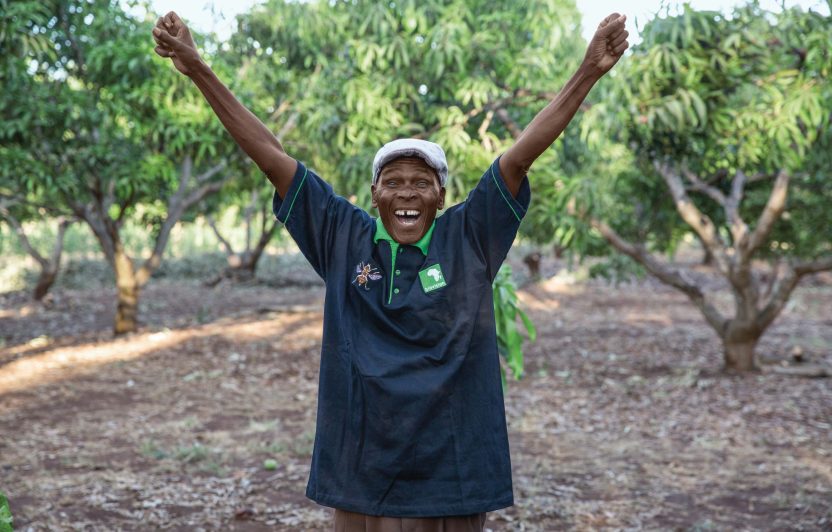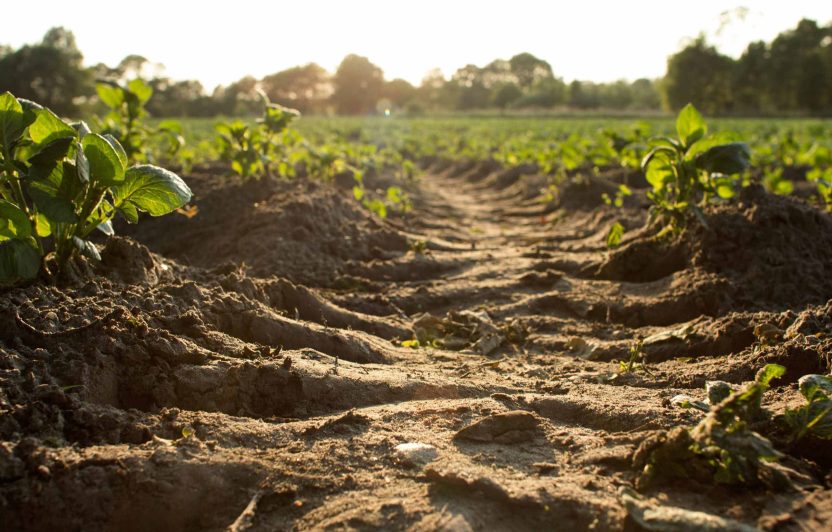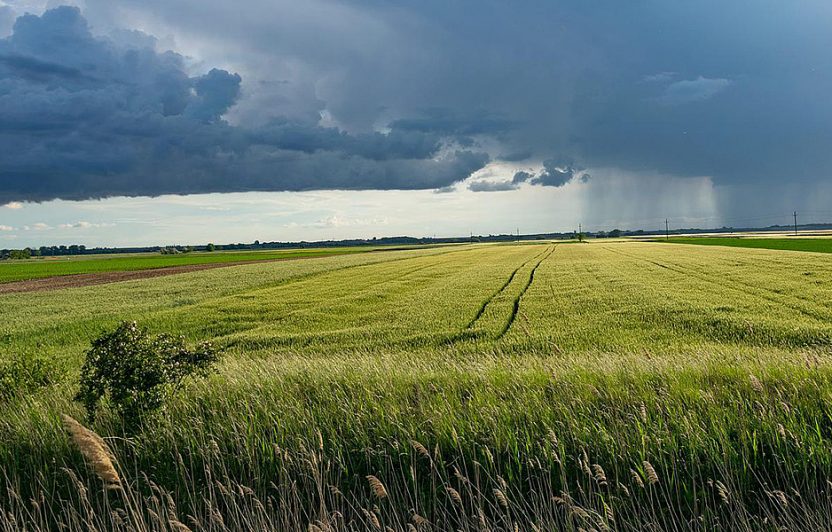“Are students in favor of a general KBW ban on flying? Raise your hand if you support this proposal.” Benedikt Oeschger stands on the sports hall podium, which has been converted into a lecture hall at the Büelrain Secondary School. He is currently leading a discussion with class delegates on the topic of “Climate school – the way forward” in order to incorporate the students’ opinions of the proposal. There will also be discussions about flying. Not many hands are raised for the proposal of a general ban. The proposal that does not prohibit all-inclusive air travel but severely restricts it receives the most support. If a class wants to use an aircraft, it must justify it well. The criteria that ultimately decide whether or not a flight is permitted still need to be defined. In any case, however, the restriction triggers reflection.
The Büelrain School has set itself the goal of becoming one of the first climate schools in Switzerland. To achieve this, the school must fulfil a whole catalogue of conditions that are not quick and easy to implement for every school. For example, the school will receive a new building that fulfills Minergie standards with solar systems on the roof.
The catalogue also contains criteria for promoting teaching topics such as biodiversity, sustainable consumption and mobility.
Young people are well-informed and scrutinous
The fact that the students of the Büelrain Secondary School have already learned to be critical becomes apparent after the lecture. Hans Rudolf Herren, President of the Biovision Foundation, leads a question round about the role of agriculture in climate change. There are critical questions about SUVs or whether soy-based meat substitutes are better than regional meat.
“Switzerland imports most of its soy from Brazil – for our animal feed. A large proportion of the soy products in our shops are organic products from Switzerland or Europe. The trend of more and more soy being produced directly in Switzerland is increasing. So anyone who wants to protect our climate should consume much less meat or no meat at all, and if they do, then only meat with an organic label and from grassland-based farms in Switzerland,” sais Rahel Thommen, expert for sustainable consumption at Biovision.
Young people are moved by topics that can be discussed at length and in detail, which is why Biovision is dedicating the exhibition “CLEVER – playfully intelligent consumerism” to sustainable consumption. See the current CLEVER exhibition dates here (in german).
Agroecology must be more ardently promoted
The fact that organic farming can make an enormous contribution to a better climate is undisputed among the students after Herren’s lecture. “In contrast to conventional agriculture, organic farming is currently less supported by the state. In doing so, agroecology could bind an enormous amount of CO2 from the atmosphere back into the soil,” explains Herren. He adds that youth could direct their demands toward policy: More money to promote sustainable cultivation methods and research!
The lack of these funds is also a problem at the international level. Therefore, Biovision’s policy dialogue and advocacy team aims to promote agroecological research by strengthening cooperation with and between donor organizations, governments and research communities.
“We are advocating at the international political level to recognize agroecology as a means of combating climate change. We are working together with decision-makers to develop solutions that promote organic agriculture,” explains Martin Herren of the Policy Dialogue and Advocacy Team.
Starting with yourself is a first step
Raising awareness of sustainable agriculture and sustainable consumption is extremely important in Switzerland. Ultimately, Switzerland has committed to implementing measures to achieve the UN Sustainable Development Goals (SDGs), which is why “business as usual” is no longer an option. “Always hoping that someone else will change their behavior doesn’t work. You have to start with yourself,” says Nina Maggioni, a student at the Büelrain School. Her classmates are also aware that they themselves can contribute to more climate protection, as they explain in this video (in german):
Climate protection at school.
Biovision spring event about the consequences of climate change
Would you like to learn more about these topics? Come to Aarau for the Biovision Spring Event on May 28, 2019. The event is heald in German.





